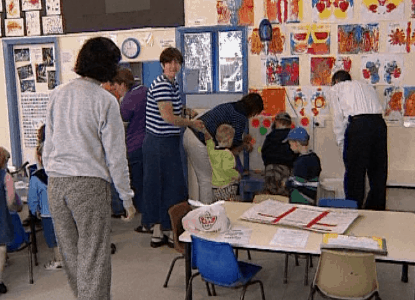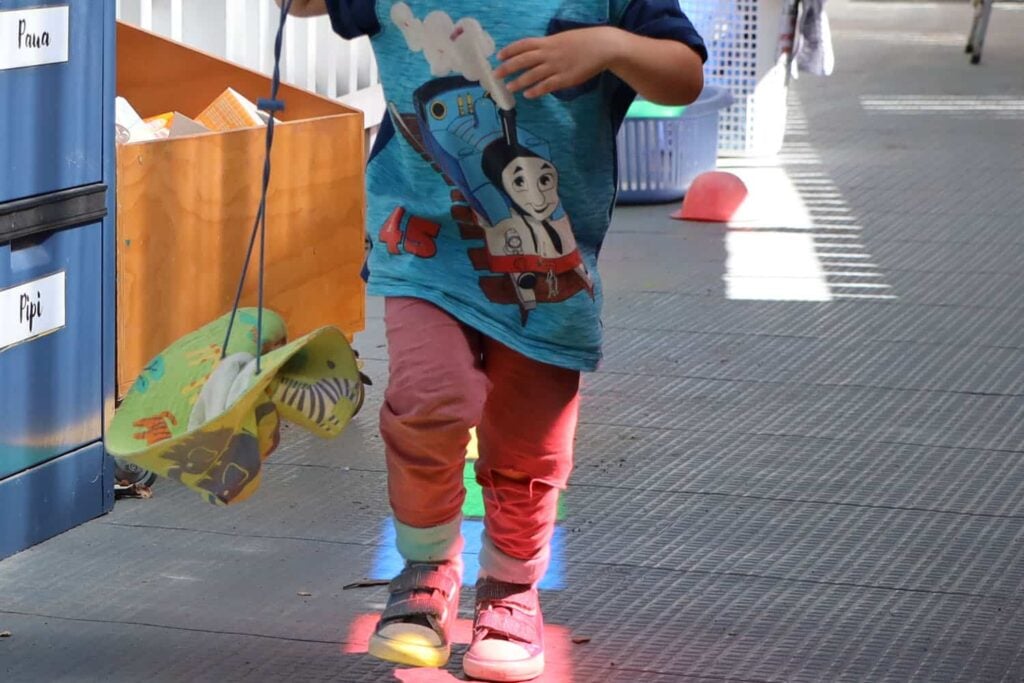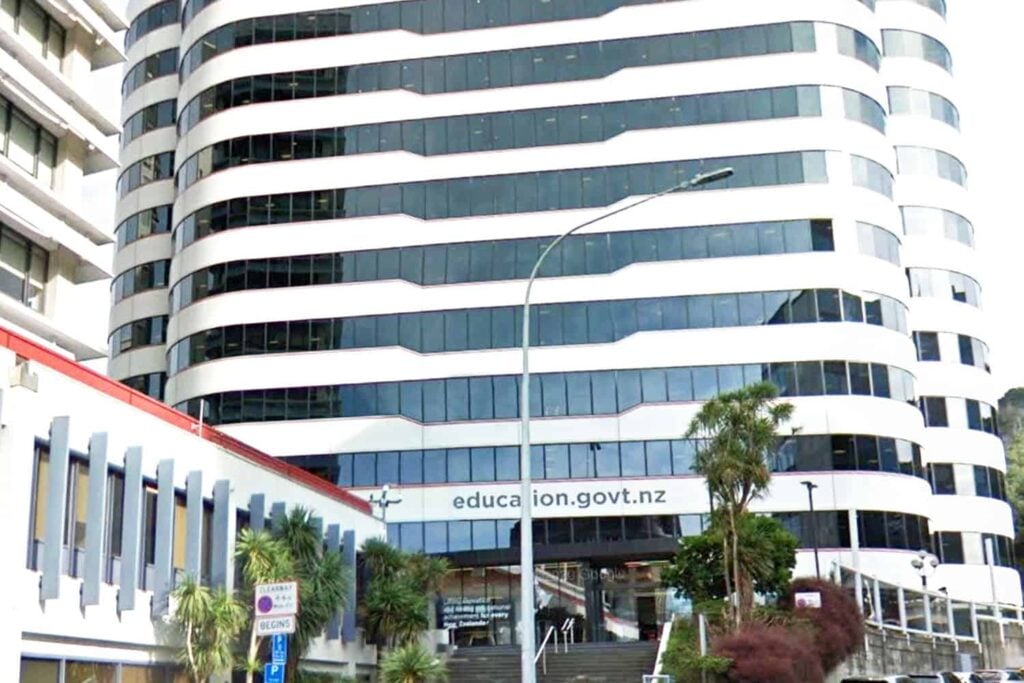February 7, 2013
High performing early childhood education services could be reviewed as infrequently as every four years under proposed changes to the way the Education Review Office (ERO) deals with ECE centres.
ERO has been looking at the way it checks on ECE services and has decided to change the time between reviews with four new review options coming in.
Under the proposed changes, the best performing ECE services which are “very well placed” to “promote positive learning outcomes for children” will be reviewed every four years. Services that are doing fairly well will be reviewed within three years and those that need some help will be revisited within two years. Services that are not doing well will have further reviews set on a schedule agreed in consultation with the Ministry of Education.
The changes have been made to allow ERO to spend more time with services that need help and less time reviewing services that have regularly been shown to do well. However, ERO is reserving the right to change review times if a service has a change in circumstances
The new review times do not apply to home-based services, hospital-based education and care services, or Kohanga Reo.
The changes will be bought in from May 2013, but before the start date, ERO is asking those in the ECE sector for feedback on the criteria that will be used to assess which review schedule a service will be given. The new system will then be trialled in May and June before it is finally implemented.
The survey can be accessed via the ERO website and is open until March 15th. The criteria for each review level are:
Very Well Placed (next review in four years)
The service must have:
- A positive ERO reporting history
- Systems that promote stability in staffing, leadership and management
- Self-review that demonstrates the service is likely to sustain high quality performance.
In addition, there will be evidence of all of the following:
- The curriculum responds very effectively to the interests, strengths and abilities of all children
- The curriculum is highly responsive to children’s cultures, languages and identities
- A bicultural curriculum is in place and bicultural practice is highly evident
- Teaching is highly effective in developing children’s confidence and competence as lifelong learners
- The wellbeing and learning of priority groups (including Māori, Pacific, children with special needs, and children up to the age of two) are actively promoted
- Māori children are supported to achieve success as Māori
- Partnerships with parents/whānau that contribute to positive outcomes for children are well established
- Leadership is highly effective in building the quality of learning and teaching
- Management implements highly effective planning, systems, policies and procedures
- A shared vision focused on high quality early childhood education is evident in practice
- Self-review results in continuous improvement
Well Placed (next review in three years)
The service shows:
- It is effective in promoting children’s wellbeing and largely effective in promoting children’s learning.
- Good performance in relation to Nga Pou Here
There will also be evidence of most of the following:
- The curriculum responds to the interests, strengths and abilities of children
- The curriculum is responsive to children’s cultures, languages and identities
- Bicultural practice is evident
- Teaching is effective in developing children’s confidence and competence as lifelong learners
- The wellbeing and learning of priority groups (including Māori, Pacific, children with special needs, and children up to the age of two) are promoted
- Māori children are supported to achieve success as Māori
- Partnerships with parents and whānau are established
- Leadership is effective in building the quality of learning and teaching
- Management implements effective planning, systems, policies and procedures
- A shared vision for the service is in place
- Self-review results in improvement
Requires Further Development (next review within two years)
The service:
- Requires further development to promote positive learning outcomes for children. Many of the factors shown to contribute to positive outcomes are either not evident or need significant development.
- ERO has some confidence the service can improve with support.
Concerns about most of the following:
- Provision for children’s learning
- Responsiveness to children’s cultures, languages and identities
- The quality of teaching
- The effectiveness of leadership
- The effectiveness of management
- The effectiveness of governance
- The quality of self-review
ERO may also return early if there are concerns about health and safety.
Not Well Placed (next review in consultation with the ministry)
The service is not:
- Performing adequately,
- Meeting legal requirements
- Does not have the capacity to make improvements without support or Ministry intervention. ERO will not review the service again until the Ministry of Education is satisfied that the service meets licensing requirements.
Concern about most of the following:
- The provision of a safe environment
- Provision for children’s wellbeing
- Provision for children’s learning
- The appropriateness of the curriculum
- The quality of teaching
- The effectiveness of leadership
- The effectiveness of management
- The effectiveness of governance
- The quality of self-review
The service’s reporting history will be a significant factor in guiding the decision. Services where there is significant concern about health and safety will also fall in this category.









